Your Insurance Provider
**Requested time is not final until you receive confirmation from our office. Please do not submit any Protected Health Information (PHI).
When you need oral surgery, having it performed in a familiar, comfortable environment can make all the difference. At Daniel Dental Studio, Dr. Daniel provides skilled surgical care with a gentle touch, allowing you to receive the treatment you need from the team you already know and trust.
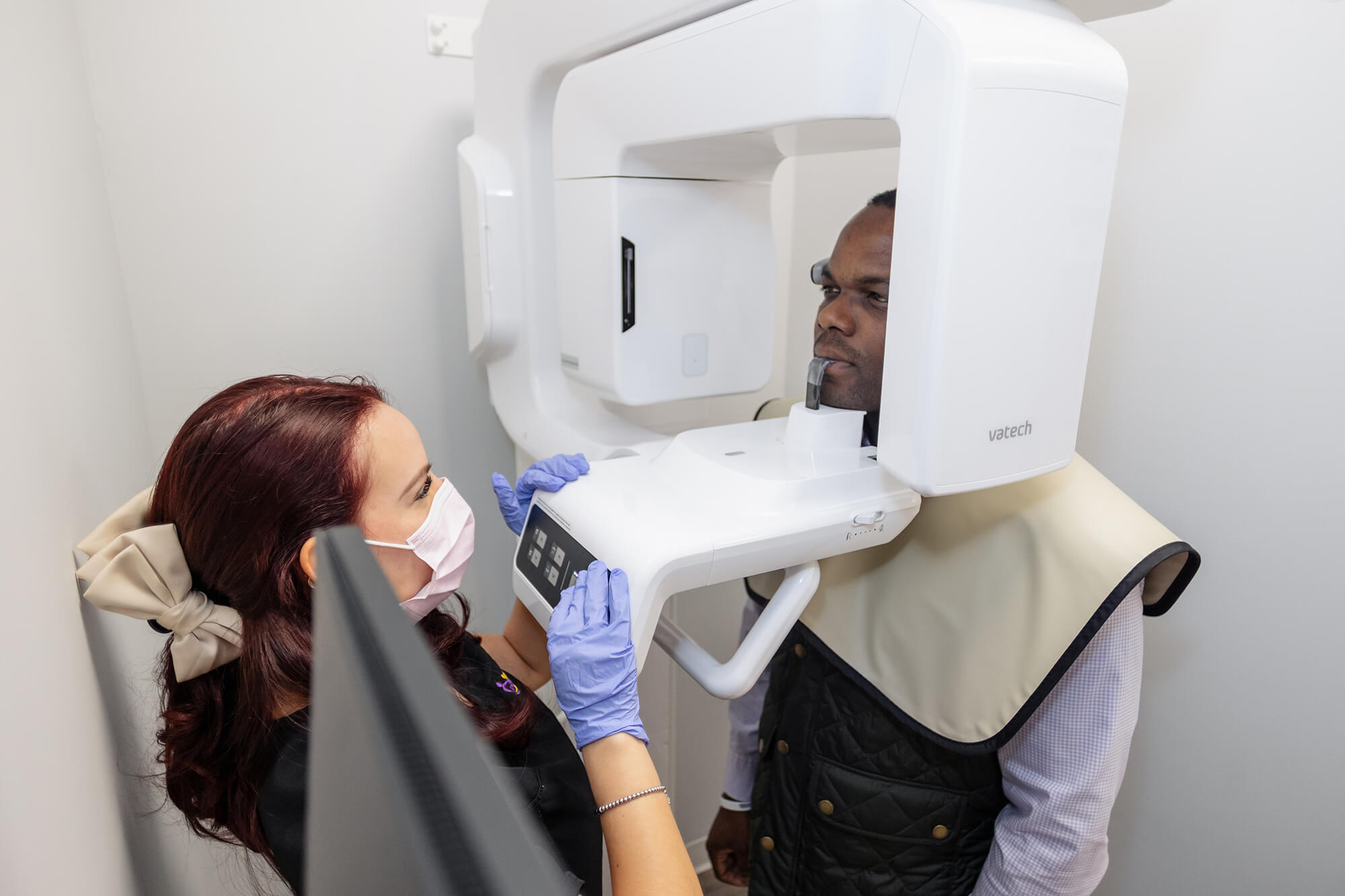
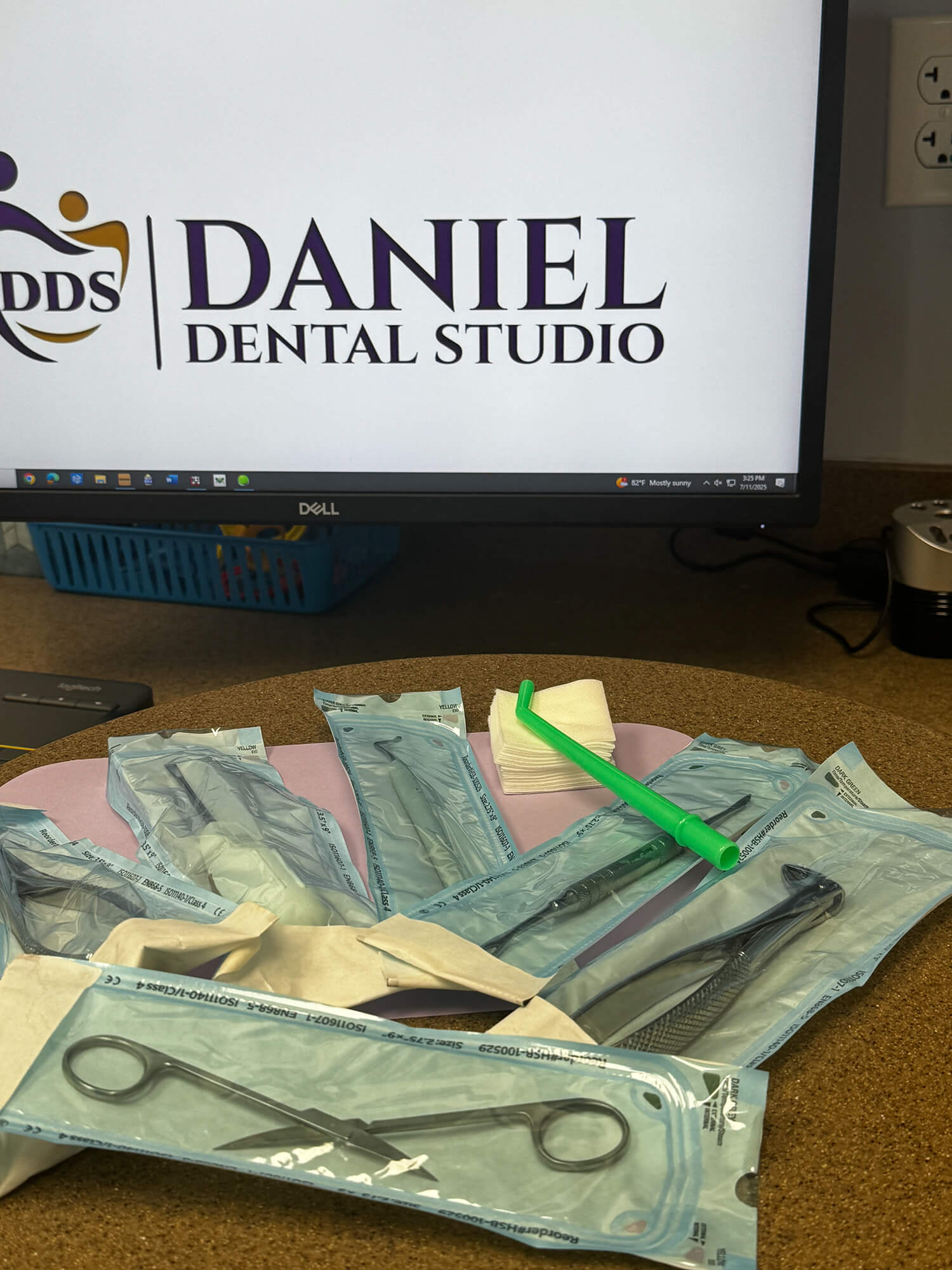
Oral surgery addresses a variety of dental issues that require more advanced techniques beyond standard treatments. You might need oral surgery to remove problematic teeth, replace missing teeth with implants, or prepare your mouth for restorative procedures. At Daniel Dental Studio, we understand that the idea of surgery can cause anxiety, which is why we take extra time to explain your procedure, answer questions, and ensure your comfort throughout the process.
Dr. Daniel's expertise in oral surgery procedures means you can receive many treatments right here in our office without being referred elsewhere. We use the latest technology for precise treatment planning and focus on making your recovery as smooth as possible.
These titanium posts are surgically placed in your jawbone to serve as artificial tooth roots, providing the most stable foundation for replacement teeth. Dr. Daniel both places and restores implants, allowing for seamless care throughout your entire treatment journey.
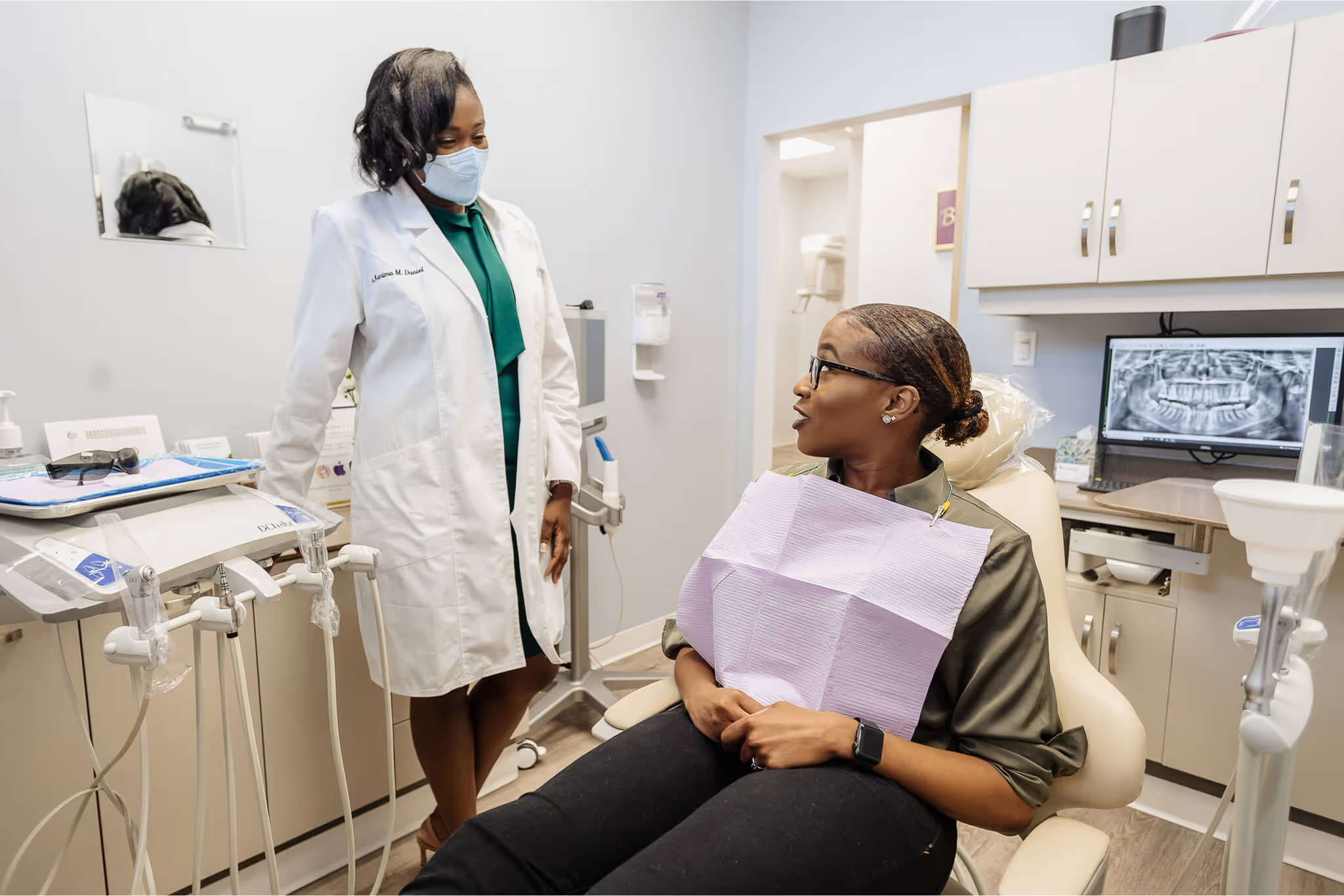
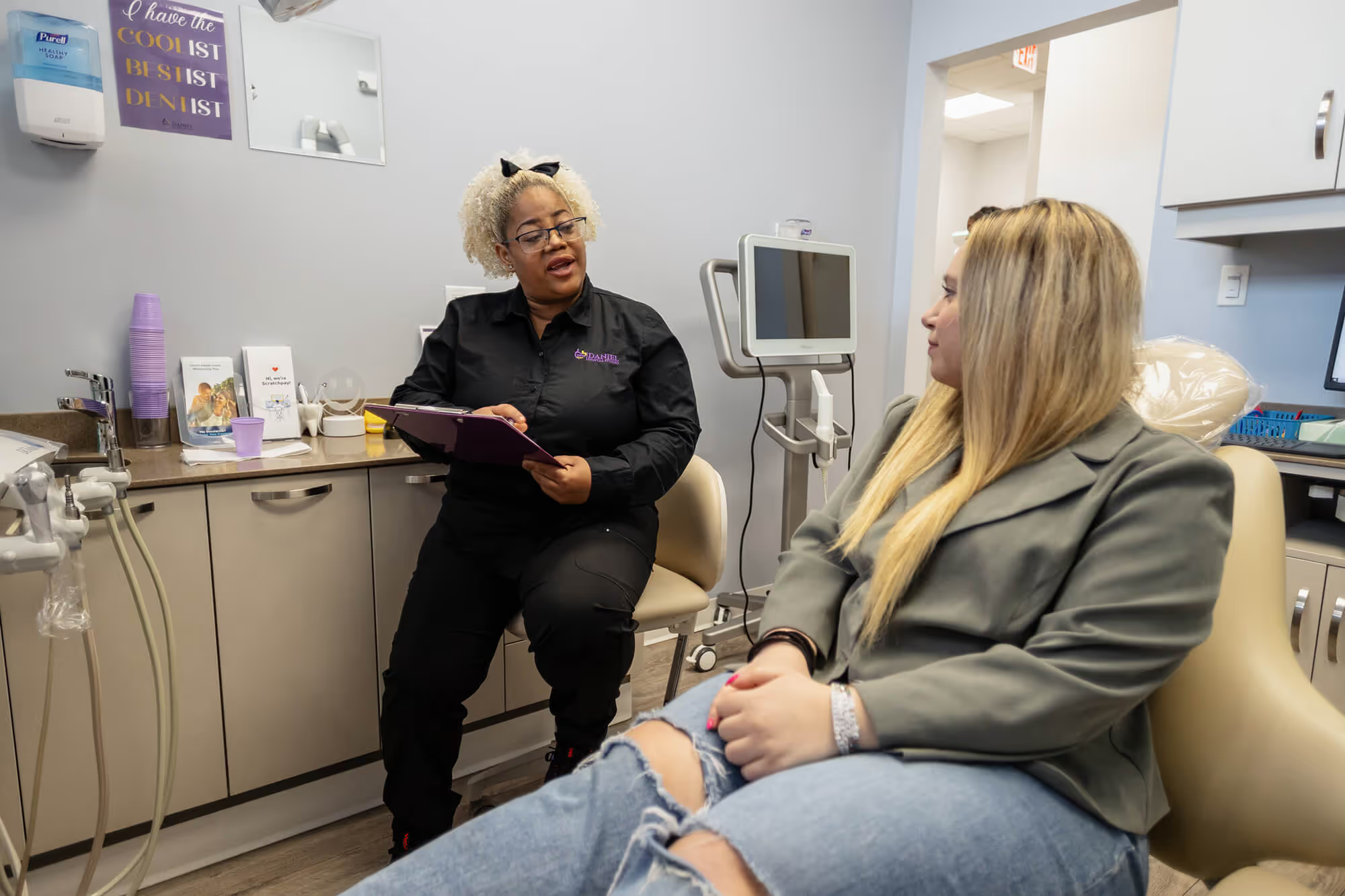
When a tooth cannot be saved or needs to be removed for other dental concerns, we perform extractions with a focus on your comfort and preserving surrounding bone. Our gentle approach minimizes discomfort during and after the procedure.


This procedure builds up or preserves jawbone structure in areas where bone loss has occurred, creating a solid foundation for dental implants or improving the appearance and health of your jawline. Bone grafting can be crucial for successful implant placement.


We can evaluate and remove problematic wisdom teeth that are causing pain, crowding, or other oral health issues. Early assessment and treatment can prevent more serious complications from developing.


These titanium posts are surgically placed in your jawbone to serve as artificial tooth roots, providing the most stable foundation for replacement teeth. Dr. Daniel both places and restores implants, allowing for seamless care throughout your entire treatment journey.


When a tooth cannot be saved or needs to be removed for other dental concerns, we perform extractions with a focus on your comfort and preserving surrounding bone. Our gentle approach minimizes discomfort during and after the procedure.


This procedure builds up or preserves jawbone structure in areas where bone loss has occurred, creating a solid foundation for dental implants or improving the appearance and health of your jawline. Bone grafting can be crucial for successful implant placement.


We can evaluate and remove problematic wisdom teeth that are causing pain, crowding, or other oral health issues. Early assessment and treatment can prevent more serious complications from developing.


Professional cleanings remove plaque and tartar buildup that regular brushing and flossing can't reach, helping prevent cavities and gum disease. Our gentle yet thorough approach leaves your smile feeling fresh and your teeth noticeably smoother.
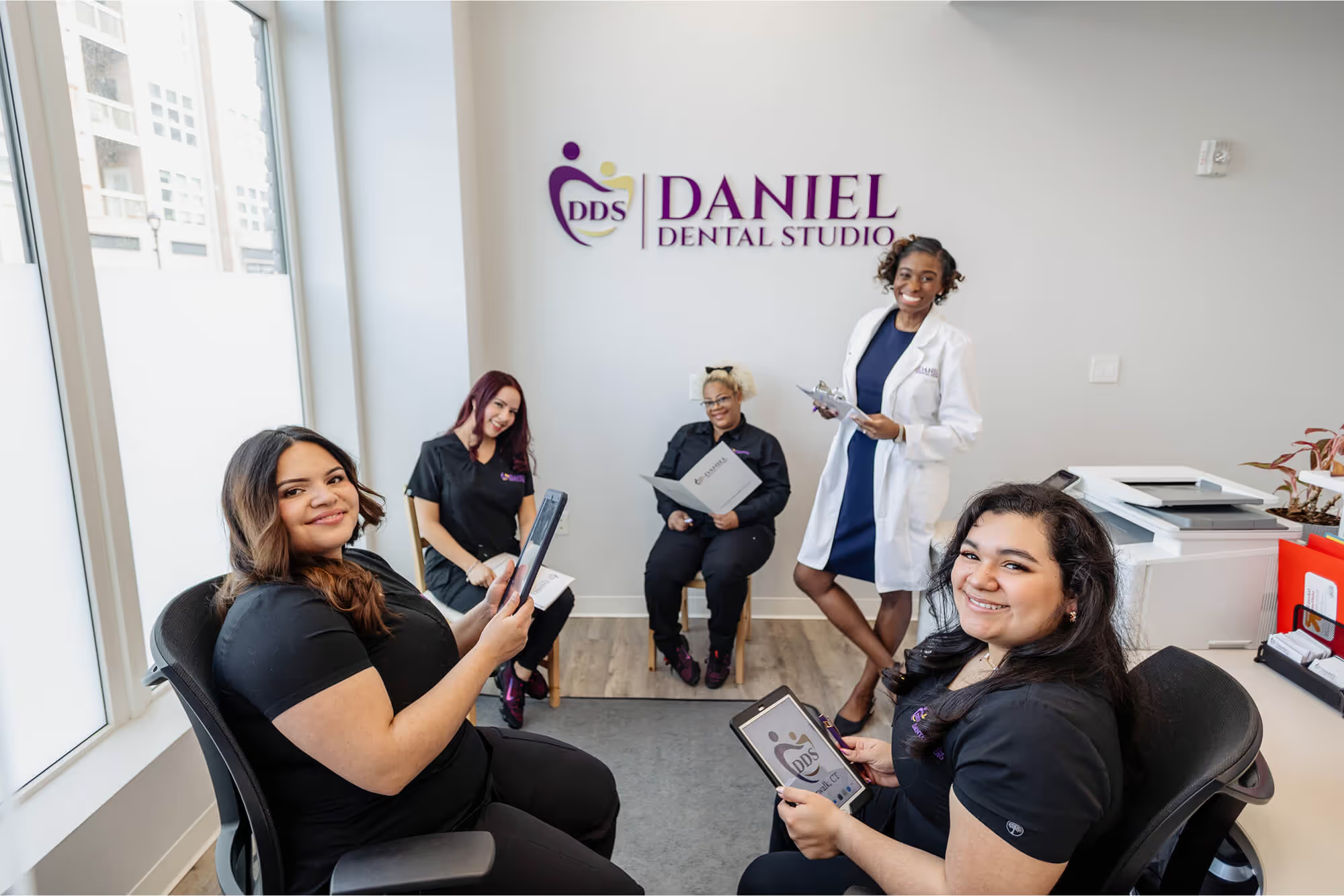
Have questions about your care? Dr. Daniel has answers! Check out the videos below for expert tips on your smile.
.avif)
Most patients are surprised to find that oral surgery is less uncomfortable than they expected. We use effective local anesthesia to ensure you're comfortable during the procedure, and many surgeries can be completed in under an hour. Recovery varies by procedure: simple extractions may only require 2-3 days of healing, while implant placement typically needs 7-10 days before you feel back to normal. We'll provide detailed aftercare instructions and appropriate pain management options to keep you comfortable throughout the healing process.
Most adults with good general health are candidates for dental implants. The main requirements are adequate jawbone density to support the implant and healthy gum tissue. If you've experienced bone loss, procedures like bone grafting can help prepare your jaw for successful implant placement. During your consultation, Dr. Daniel will evaluate your oral health, medical history, and jawbone structure using our advanced imaging technology to determine if implants are right for you. Even patients with certain health conditions like controlled diabetes can often receive implants with proper planning and care.
For the first 24-48 hours after surgery, stick to cool, soft foods that require minimal chewing, such as yogurt, smoothies, applesauce, mashed potatoes, and ice cream. As healing progresses, you can gradually incorporate foods that require more chewing, like pasta, eggs, and soft-cooked vegetables. Avoid very hot foods, hard or crunchy items, spicy dishes, and drinking through straws during the initial healing period. Staying well-hydrated is important, but avoid alcoholic beverages while taking any prescribed pain medications. We'll provide you with a personalized list of dietary recommendations based on your specific procedure.